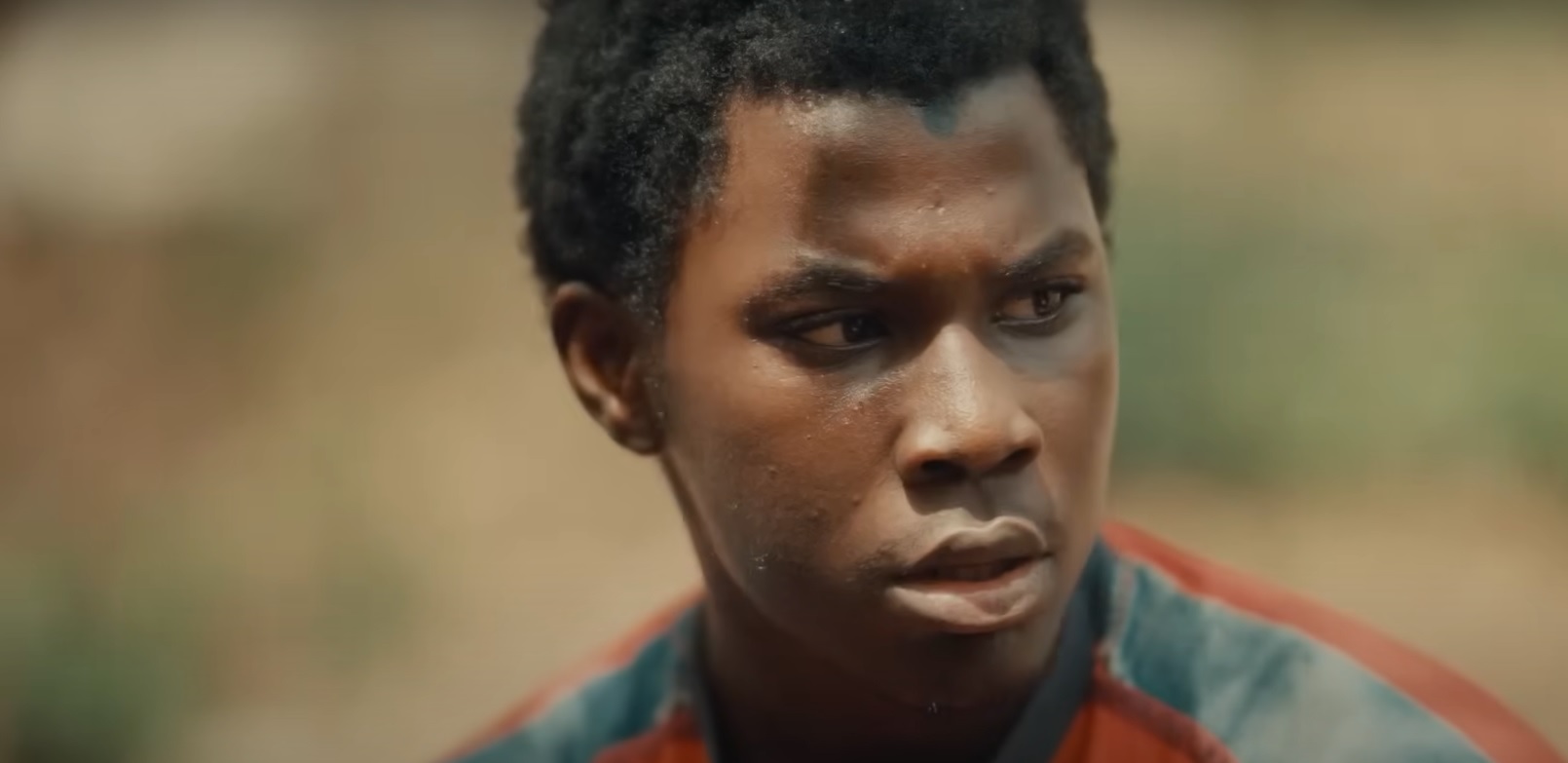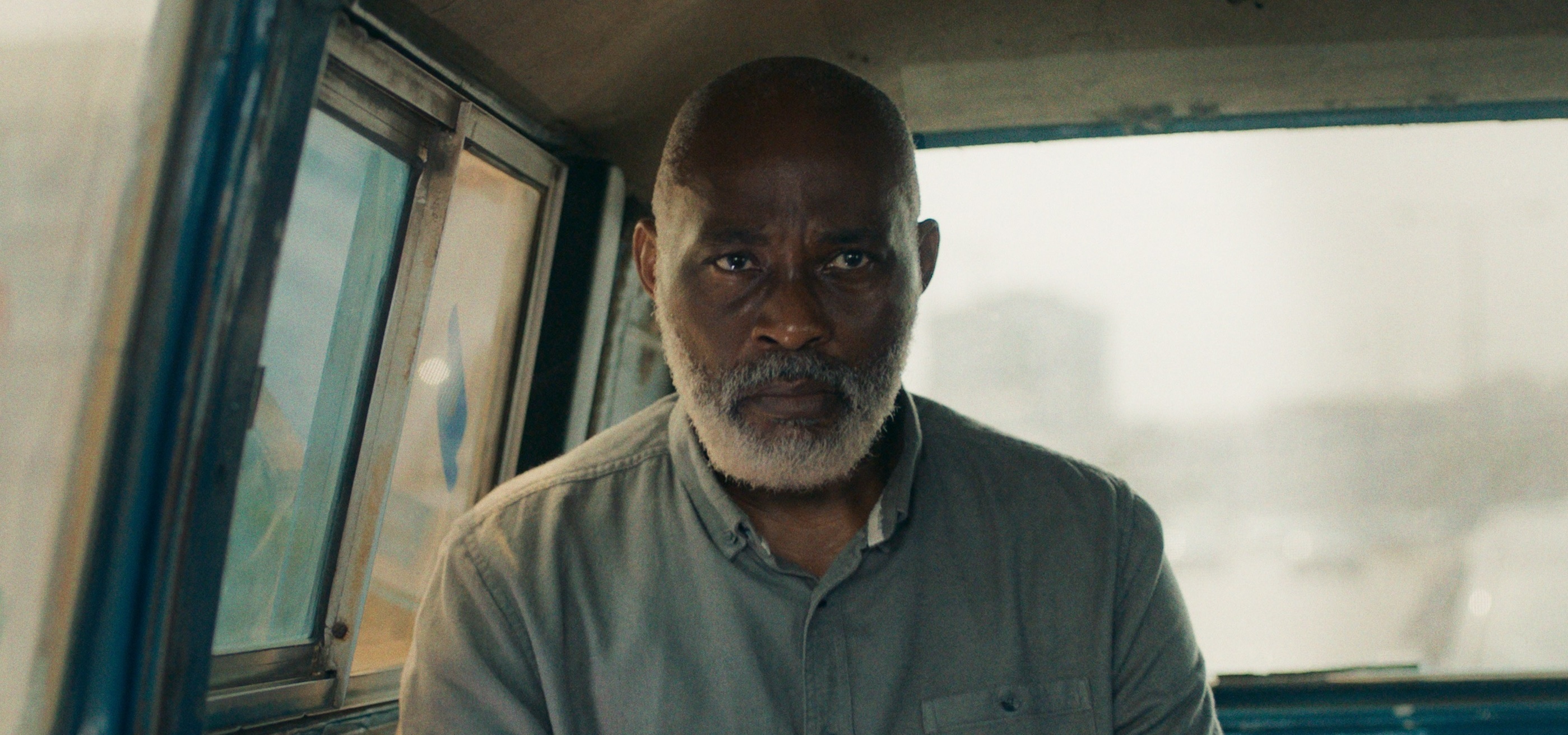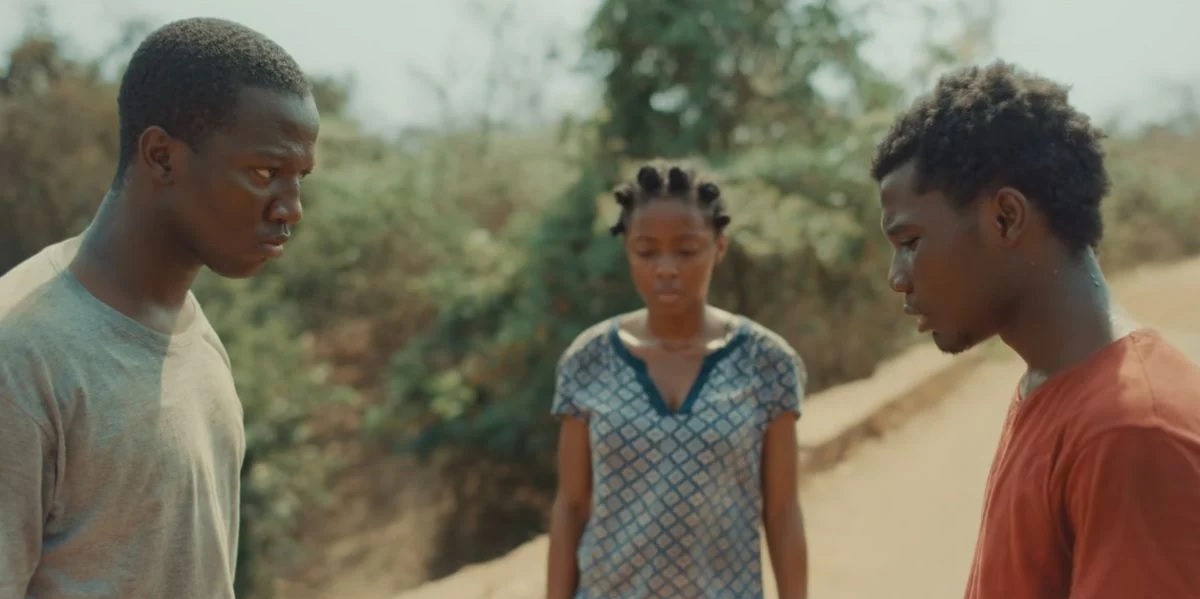Netflix’s ‘Ijogbon’ is a captivating coming-of-age film helmed by Kunle Afolayan that tells the story of four teenagers living in a remote village in southwestern Nigeria. These young individuals stumble upon a pouch filled with diamonds in the most unexpected manner. In the face of temptation, they make the tough choice to keep the diamonds, even when the rightful owners launch a relentless search. This decision sets off a chain of intense and dangerous events, testing their friendship and values.
The Nigerian film delves into the consequences of the actions of the group. One of them finds themselves in a precarious situation, dealing with the fallout of their choices. Featuring compelling performances by Fawas Aina, Ebiesuwa Oluwaseyi, Ruby Akubueze, Kayode Ojuolape, and Yemi Shodimu, the adventure film impresses the audience with its realistic narrative and makes one wonder if the story is rooted in reality. If you, too, are curious about the same, we have got you covered!
Is Ijogbon Based on a True Story?
No, ‘’Ijogbon’ is not based on a true story. The film is a work of fiction, with a script written by Tunde Babalola and directed by Afolayan. The director revealed that he chose to work on the project as he wanted to tell a story that revolves around teenagers and young people since he felt that most of the movies made today focus on adults. Afolayan also wanted to depict the life of teenagers in rural areas and portray their aspirations to get a better life on screen.

At the same time, while the film is a work of fiction, it does address a very important real-world issue, the “Japa Syndrome,” which is a Nigerian term to describe the migration of young people from Nigeria, and other West African nations, to foreign countries in pursuit of a brighter future. The word “Japa” itself is derived from the Yoruba language and means to flee or escape. It signifies a drive of the youth to export their talents, skills, products, and even themselves to other countries in search of greater economic prospects and personal growth.
While African countries have faced the issue of migration for many decades, the problem became even more prominent after the Covid-19 pandemic. The phenomenon is shaped by a variety of factors from economic challenges and high unemployment rates to the desire for better educational and career prospects. The problem has become so intense that there have been reports of people migrating through illegal routes, trying to cross the Sahara Desert and the Mediterranean Sea to enter Europe, which has led to numerous deaths. Through the film, Afolayan represents the hardships faced by young people in Nigeria. Facing economic troubles, the teenagers in the film choose to keep the diamonds, even after being aware of the consequences they could face in the future.

The film also explores the universal themes of friendship and morality. The bond between the four youngsters is at the center of the narrative which even faces a test during the course of the film. Morals are also represented skillfully in the movie as the group faces serious repercussions when they succumb to temptation. Afolayan revealed that he attempted to showcase the universality of human emotions through the film, despite the differences in cultural backgrounds and beliefs.
Afolayan also stated that by means of the film, he wanted to draw the audience’s attention to Nigeria’s rich mineral resources, represented by diamonds, as well as to the exotic locations of the country that can help in improving tourism. Hence, ‘’Ijogbon’ is not based on a real story, but the issues it addresses, from the plight of rural teenagers in Nigeria to the “Japa Syndrome,” are very relevant to the real world. The emotions and themes portrayed in the film are also applicable universally.
Read More: Best Coming-of-Age Movies on Netflix


You must be logged in to post a comment.